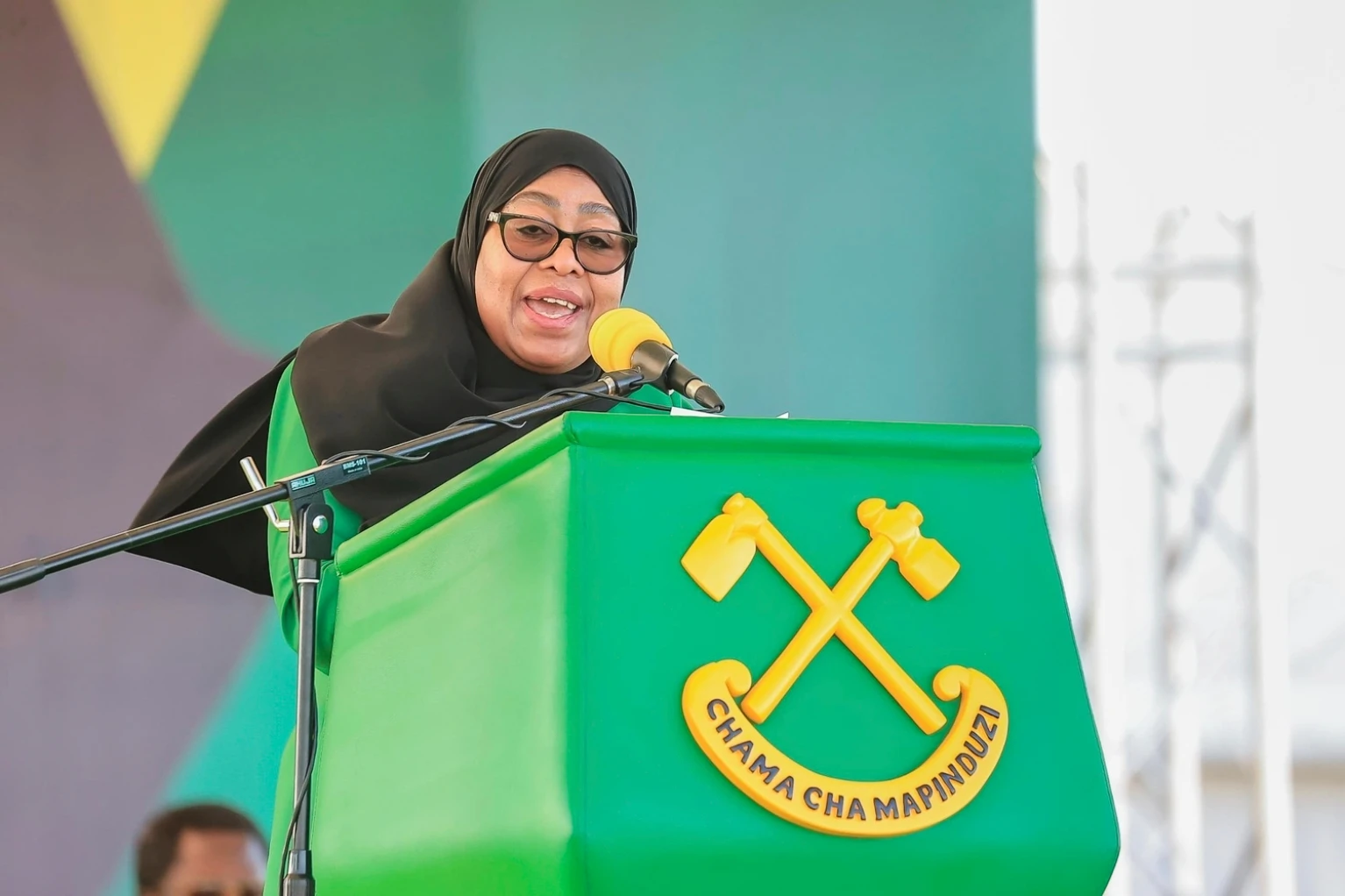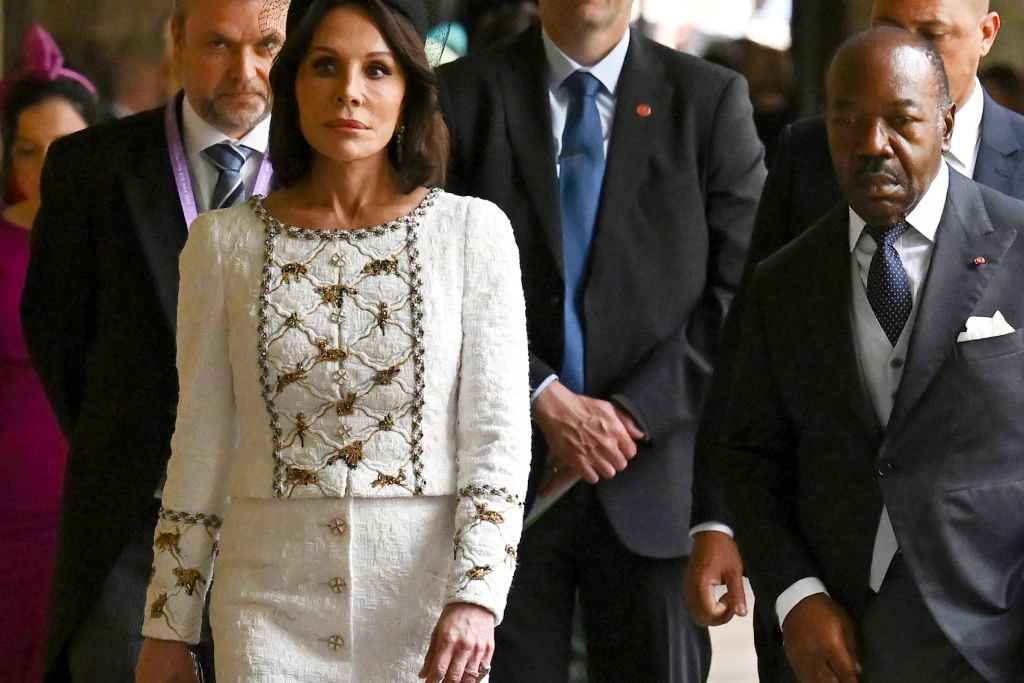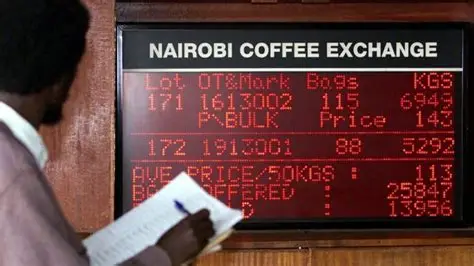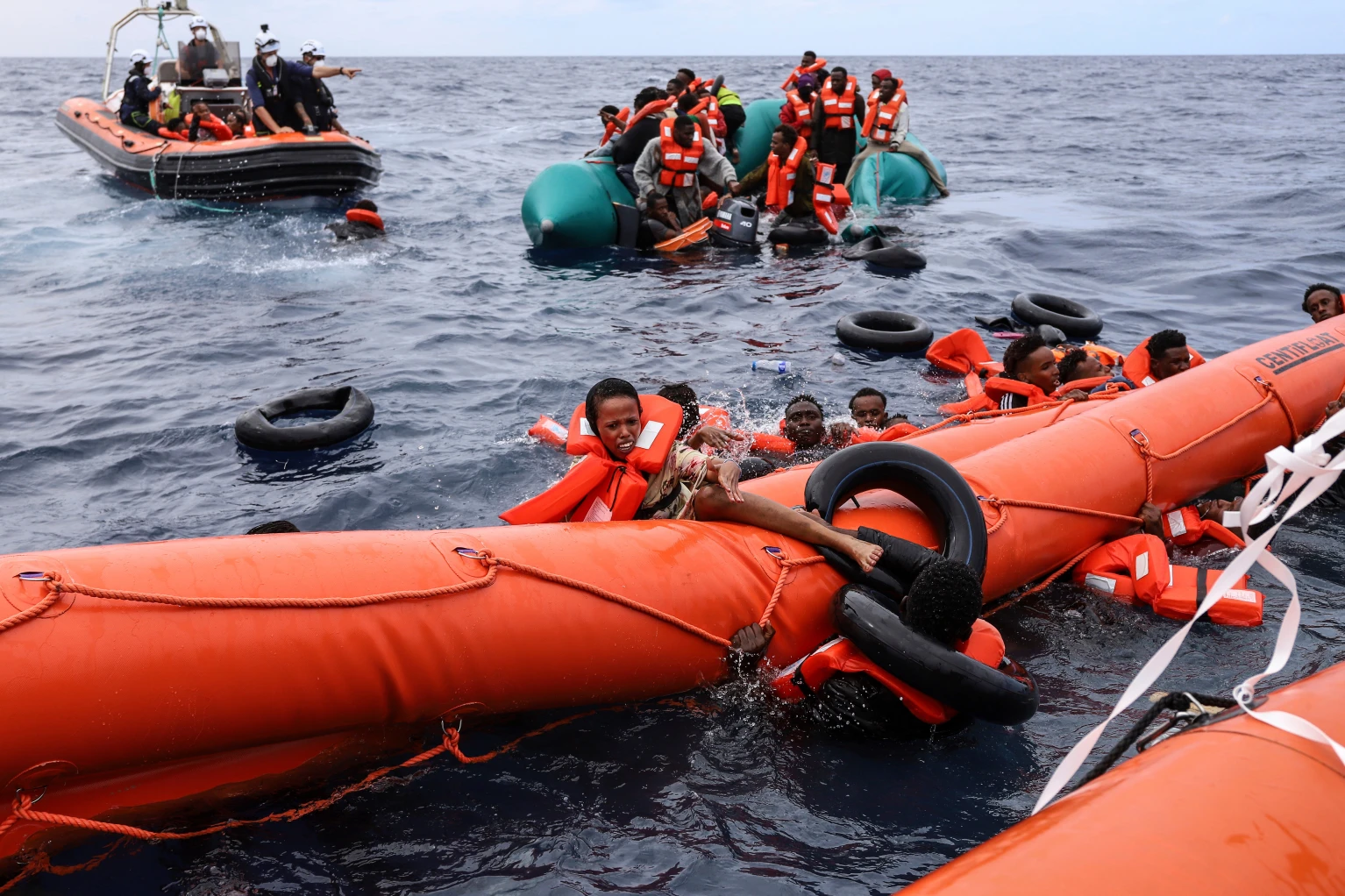
Two weeks after reports emerged that former Tanzanian Ambassador to Cuba Humphrey Polepole had been assassinated by the state or a militia retained by high-ranking state officials, Tanzanian authorities have maintained stoic silence, a trend that characterises previous incidence of murder, abductions, disappearances and extra-judicial killings.
The verdict among human rights defenders in the country is that “silence is President Samia Suluhu Hassan’s tacit admission of commission of criminal act.”
Her son, Abdul Ameir, has featured frequently in allegations state-sanctioned human rights violations that include murder, assassinations abductions and extrajudicial killings to clear his mother’s pathway to retain power.
Suluhu Hassan’s silence, however, is having its downside. After protests in the Madagascar on east coast of Africa, a senior Tanzanian journalist told Tell Media that there is growing apprehension in the country that the East African nation will be the next theatre of Generation Z (Gen Z) uprising – similar to what was seen in in neighbouring Kenya, Nigeria, Ghana and currently in Morocco.
Taking a cue from Kenya, the youth in Madagascar, Nepal, Sri Lanka and Morocco have waged unrelenting protests against incumbents to force regime change.
“I see ourselves going this way later this month (after October 27 election). The mood is hyper against former President Jakaya Kikwete-led cartel in CCM, which wants the incompetent Samia to continue ruling till 2030,” the journalist told Tell Media on condition of anonymity.
Last year, Tanzania improved marginally on World Press Freedom Index published by Reporters Without Borders (RSF) from 97 to 95, but still retains the propensity to come down hard on critical reporting and investigative journalism. At least three journalists are among Tanzanian citizens have been reported missing or abducted by the state. Assassinations have also not been ruled out.
The political groundswell in Tanzania the journalist refers to is the centrepiece of current political campaigns, and Amnesty International’s latest country report published today October 20, 2025.
Titled, Unopposed, unchecked, unjust: The disquiet beneath the 2025 Tanzania vote, the report says, “President Samia Suluhu Hassan’s government has dashed hopes for reform. Instead, under her watch, authorities have continued and intensified repressive practices targeting opposition leaders, civil society, journalists and dissenting voices, including through assaults, arbitrary arrests, extrajudicial killings and enforced disappearances, with nobody held accountable.”
Seven days to the polls, some 200 people – all allies of opposition parties – are yet to be accounted for.
Amnesty International points out that in the run up to the elections, authorities have passed flawed laws and regulations that have further suppressed civic space, most notably amendments to the Political Parties Affairs Laws Act 2024 and the Independent National Electoral Commission Act 2024.
The controversial laws have roots in Kikwete administration, which besides curtailing freedoms of expression are blamed for current brazen push to keep Christians under the thumb of Muslims. Religionism has been a key point of ideological dispersion point in Tanzanian politics with Muslims appearing to dominate the upper echelons of power.
The dismemberment of the constitution created a legal lacuna the Suluhu administration has exploited to lock out competitors from the race.
“Sadly, authorities have spent the last five years ripping apart the constitution. They have ramped up their clampdown on the civic space and the right to participate freely in elections through the passing of deeply flawed legislation that not only create room for violation of human rights but also attest to their zero tolerance of any opposing views both offline and online of any opposing views both offline and online,” Amnesty International East Africa Regional Director Tigere Chagutah, says.
He observes that Tanzanian authorities have systematically banned, disrupted or violently dispersed peaceful gatherings, particularly those organised by opposition parties. Opposition leaders and activists have faced severe restrictions on their freedom of movement that have effectively prevented them from conducting normal political activities.
In June this year, UN human rights agency appealed to Tanzania “to immediately stop the enforced disappearance of political opponents, human rights defenders and journalists, as a tool of repression in the electoral context.”
“Curtailing press and media freedom and intimidating journalists and human rights defenders, is unacceptable. We are alarmed by reports of a pattern of repression in the lead-up to Tanzania’s general election in October,” UN experts warned.
Tanzania has never experienced civil unrest since independence in 1961. The closest it came to a military coup was in 1974, but then President Julius Nyerere moved in swiftly to thwart the plot by top military officers at Monduli Military Barracks. Rather than go into hiding, President Nyerere confronted the military generals in the senior officers’ mess and dared them to shoot him with a pistol he offered them.
The 1970s is considered a watershed moment of military coups in Africa, with countries such as Uganda, Ethiopia, Ghana, Nigeria, Algeria, Egypt, The Sudan Libya and Zaire (Democratic Republic of the Cong), among others going through violent and bloody regime changes.
Against this backdrop, Tanzania’s political stability has been taken for granted by successive regimes after Nyerere democratically transferred power to President Ali Hassan Mwinyi in 1990.
President Suluhu Hassan’s intellectual capacity, though, has been questioned and tested by opposition lading lights such as Tundu Lisa, Bishop Josephat Gwajima and Chadema vice chair John Heche. The incumbent, the first woman president in East Africa, is despised as “wheelbarrow” Kikwete pushes around to execute mandate to the chagrin of ordinary citizen.
Kikwete, who during his tenure as foreign minister had many run-ins with late President Benjamin Mkapa over his moral standing and what State House at the time described as illicit activities, is alleged to be the architect of President Suluhu Hassan’s human right abuses, including extrajudicial killings. In other words, Bishop Gwajima and John Heche say, Kikwete is the power behind the throne.
It is remembered that in 2005 as Mkapa served his last term, he was forced to deport Kikwete from New York after he went missing from the president’s delegation, only to be fished out of a Harlem brothel as Mkapa’s delegation waited for him to sign funding agreements with the World Bank and International Monetary (IMF). As is custom, such financial commitment are signed by finance and foreign affairs ministers.
Embarrassed, and in retaliation to being ousted from the delegation, when Kikwete flew back to Tanzania he mobilised Chama Cha Mapinduzi (CCM) legislators to vote against a slew of proposed laws that, if passed, would have resulted in East African customs union, common East African currency, free movement of labour, goods and services.
Kikwete succeeded in stalling Mkapa’s push towards East African political federation and fomented anti-East African Community (EAC) that finds expression through Suluhu Hassan xenophobic disposition to non-Tanzanians.
Speaking to Tell Media, Amnesty International East Africa Regional Researcher Ronald Ebole expressed concerns that Tanzania is hurtling towards autocracy.
“As Amnesty International, our position is that the state does the needful and investigates and produces this person (Polepole) – whether person is in their custody or not. It is the duty of the state to investigate the crime and produce this person. It is good that we are seeing a campaign by Tanzanians at home and diaspora about the whereabouts of Humphrey Polepole,” Mr Ebole says.
He adds, “It is worrying that he is a high ranking official who has disappeared and it gives us chills with regard to what could be the fate of others such as Mdude (who disappeared in May this year), Dennis Soka who disappeard in March), a TikToker Chaula who disappeard a few month ago soon after being released from detention by Tanzanians who paid his fine. It wording us and we call on the state to produce Humphry Polepole and others who are still missing.”
The UN human rights agency says, “More than 200 cases of enforced disappearance have been recorded in Tanzania since 2019. “The recent arbitrary arrest, torture and enforced disappearance of (opposition figures) seems to be a flagrant tactic to suppress dissent and circumvent due process laws.”
Amnesty International says documented widespread and systematic human rights violations that include enforced disappearances and torture and other ill-treatment and extrajudicial killings of opposition figures and activists.
The Tanganyika Law Society has documented 83 cases of people going missing under mysterious circumstances as of August 9, 2024. On September 7, 2024, the body of Ali Mohammed Kibao, a senior strategist for Chadema, was found dumped near the shores of the Indian Ocean a day after being abducted from a bus in Dar es Salaam.
On July 26, 2024, Dioniz Kipanya, a Chadema party official, disappeared when he left home following a telephone conversation with an unidentified person. He is yet to be found. More than a year since Chadema youth activists Deusdedith Soka and Jacob Mlay, and Frank Mbise, a motorcycle taxi driver, were abducted by a group of men suspected to be police officers, their whereabouts remain unknown.
- A Tell Media report / By Samini Juma







